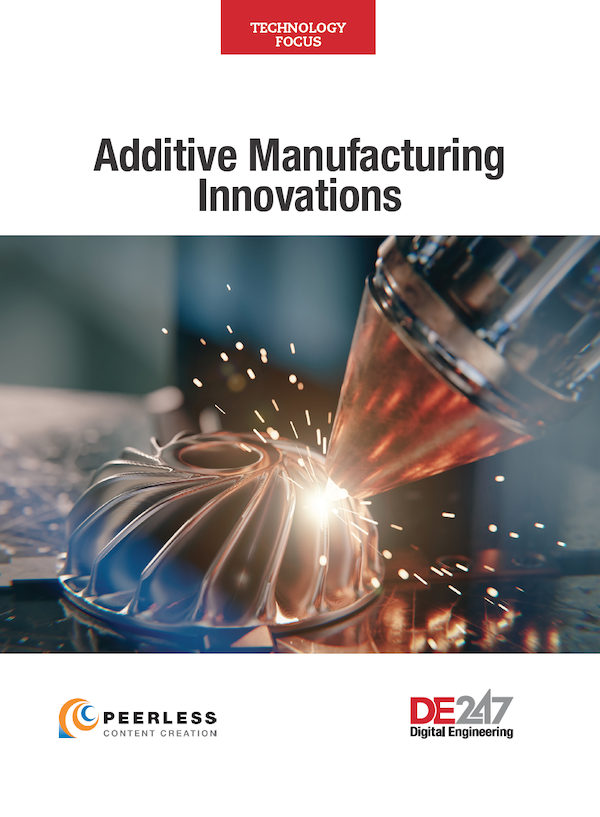Materialise Brings 3D Printed Patient Devices Closer to U.S. Point of Care
New facility in Plymouth, MI, specializes in the 3D printing of personalized titanium CMF implants.

Materialise opens doors to new Plymouth, MI, facility to bring 3D printed, personalized devices closer to U.S. patient care. Image Courtesy of Materialise
Latest News
September 7, 2023
The ability to get quick access to 3D printed patient-specific medical devices just got a lot easier in the United States thanks to a new facility established by Materialise.
Materialise has been manufacturing patient-specific medical devices, including titanium cranio-maxillofacial (CMF) implants used in facial reconstruction surgery, for some time in its Belgium 3D printing facilities. The firm decided to expand its reach by opening a dedicated facility in the United States. In that way, Materialise can accelerate its response to U.S. physicians’ requests for these devices with greater reliability while also significantly reducing the time it takes to deliver a fully personalized implant to a hospital and subsequently, patients located throughout the U.S.
The decision to broaden its reach and get closer to the U.S. market has everything to do with increasing demand for personalized 3D printed medical devices, according to Bryan Crutchfield, vice president and general manager of Materialise NA, which includes the new medical metal manufacturing facility. “Two years ago, we made the decision to continue to expand and grow the market and come closer to get faster turnaround to customers,” Crutchfield says. “This allows us to better serve customers, clinicians, and patients because time is everything.”
Materialise expanded its already existing Plymouth, MI, site with an entirely new fit up, including the addition of metal 3D printers and post-processing equipment, which demanded a wholly new set of building requirements compared to what’s in place to support its existing polymer-based AM production facilities. The expansion, focused primarily on the CMF implant production, complements Materialise’s existing on-site manufacturing of 3D printed surgical guides and anatomical models in the Plymouth, MI, facility.
3D printing and advanced visualization techniques are transforming personalized patient care, leading to devices that are more closely matched to a patient’s anatomy. Patient-specific 3D printed anatomical models, used for diagnostic purposes, and surgical guides, tapped to enhance surgical procedure accuracy and efficiency, are being put into more widespread use as 3D printing and anatomical modeling technologies become more powerful and widely available and as new insurance reimbursements models shift the focus to outcomes, not just number of procedures.
“Patient readmissions come directly off the bottom line from clinics and hospitals so there is an incentive to have things done in an accurate and timely way for patients,” Crutchfield explains. “There’s a mentality change among U.S. medical providers and incentives to getting it the first-time right. 3D printing and patient-specific implants play a role in that because of the planning done pre-procedure.”
Watch this video to get a quick look at Materialise’s solutions for producing personalized CMF solutions.
More Materialise Coverage
Subscribe to our FREE magazine, FREE email newsletters or both!
Latest News
About the Author
Beth Stackpole is a contributing editor to Digital Engineering. Send e-mail about this article to [email protected].
Follow DE





